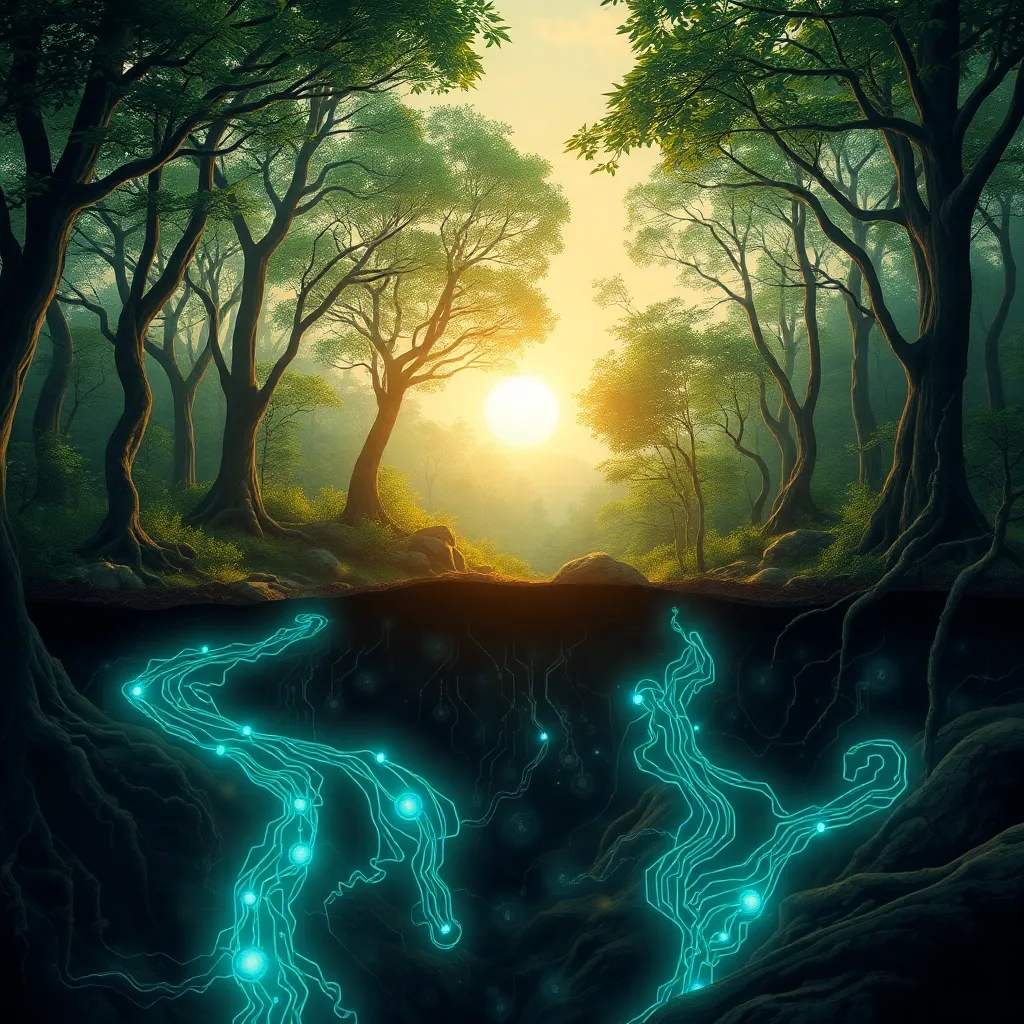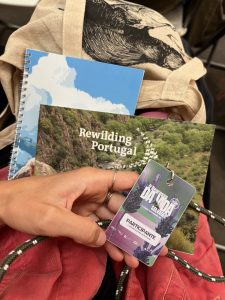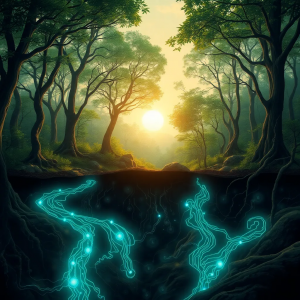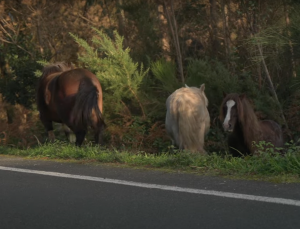One of our great adaptations, or frailties, depending on who you ask, is to understand the world by deduction. If you come across a new thing in the forest, you immediately, unconsciously assess it for its relative danger. How big? How fast? Does it have claws and growl? Yes, run! Your brain naturally figures out what to do by referencing what you’ve seen or heard before.
It’s tempting to deduce and reduce everything like this, and we do, because it’s efficient for our brains. But deduction can betray us. When we reduce the world to neat categories without seeing relationships, we strip away context. And without context, without feeling connected to people, animals, and place, we can become untethered, isolated and depressed, like being tossed around on the ocean with no sail, engine or view of the horizon.
None of this is new. Scientists call it entropy; philosophy calls it relativism; Buddhists call it suffering; Confucians ‘yin and yang’. Everything exists and is understood in the context in which it appears.
But back to ecosystems and AI. Let’s look at some wildly unscientific similarities and differences, and why the context in which AI is emerging matters for how we live with the planet.
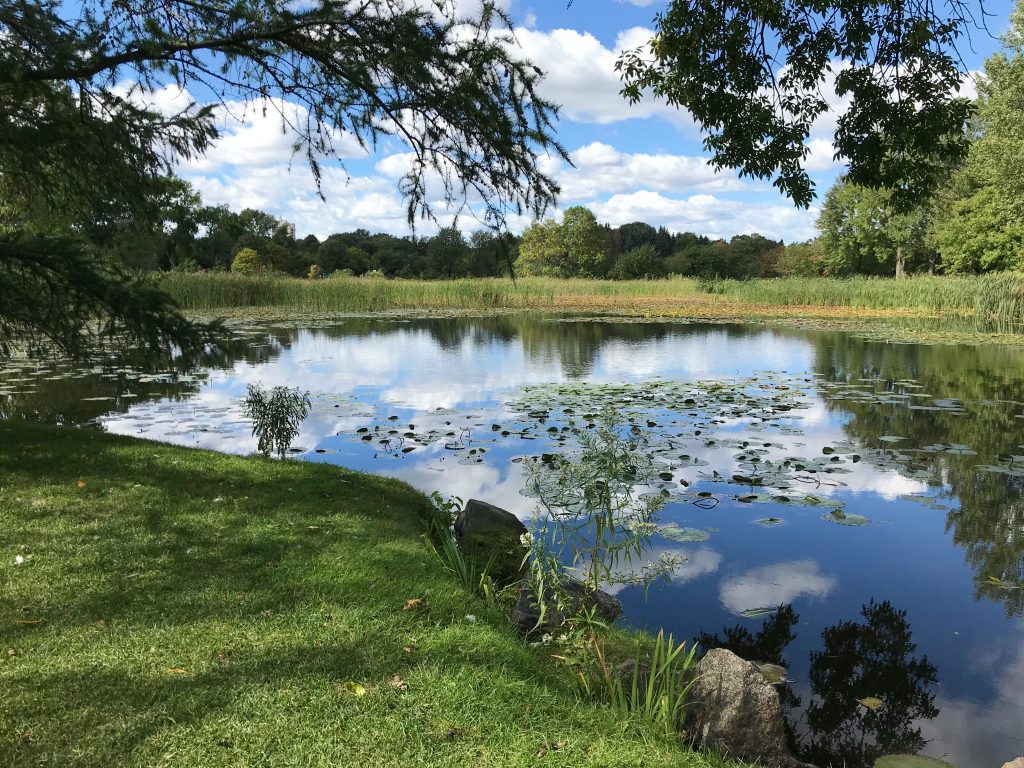
Similarities
A teacher
Sit at the edge of a pond for long enough and you see it for what it is. An incredibly complex, constantly changing system of mutually interdependent organisms. A microcosm of the wider system of dependence that we all live in. Sit with an AI large language model, like Chat GPT, ask it decent questions, and it has access to the collective wisdom humans have written down, almost forever. Well, everything the AI model was trained on, that is.
Nearly ungovernable
Part complexity, part rate-of-change, and part political system failure, we can’t quite keep up with what ecosystems and AI need. How do we protect them, so they can protect us? Governments are trying: in nature, through protected areas and quotas; in AI, through GDPR and now the EU AI Act. But the reality is messier. Like the futile war on drugs, or tax, if you cut the head of the snake rather than aim for its heart, it just grows back somewhere else.
Hold a mirror to society
The health of the ecosystem that surrounds a community is a direct reflection of the health of that community. To believe you have no agency over the application of AI is to miss the fact that AI still fits into the capitalist model. If you, your employer, or even your retirement fund manager choose AI companies that value transparency, privacy, and people, we’re far more likely to get AI that’s healthier and capable of solving real problems.
Small changes have outsized impacts
Throw a stick into a pond and it becomes oxygen, food, a home. The breakthrough that sparked the recent AI acceleration came from a subtle change to computer code called the Attention Mechanism. It lets a computer analyse each word, while simultaneously analysing the context in which that word appears. Sound familiar? It’s inspired by how humans focus on different parts of a scene when making sense of what we see.
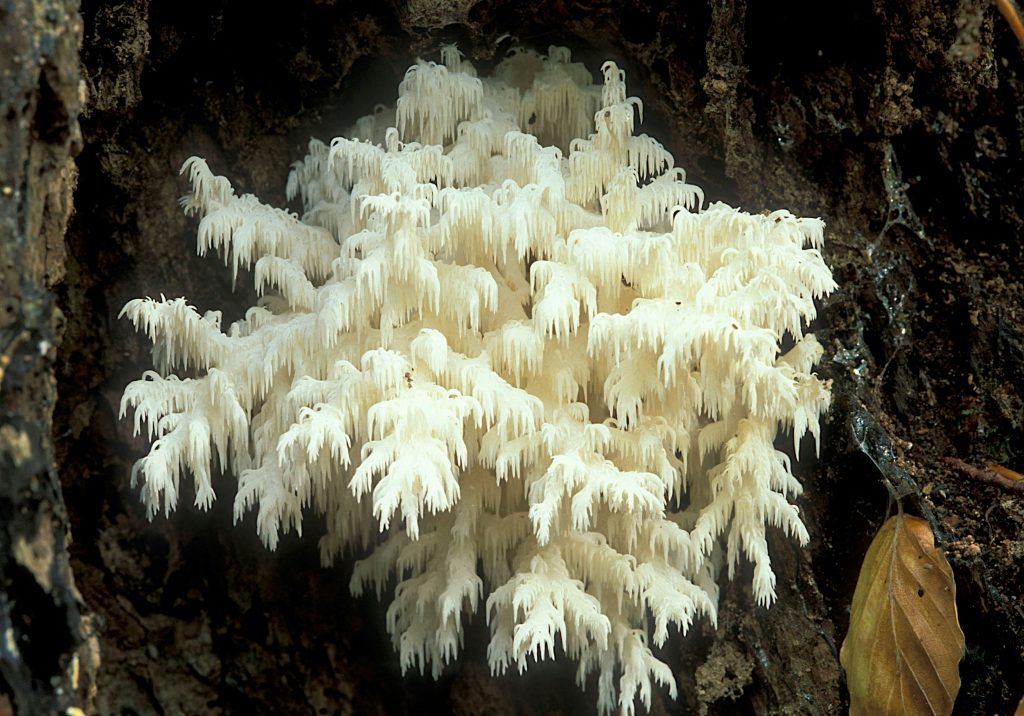
Differences
Ecosystems are alive…do we need to include this one?
Right now at least, AI isn’t learning as it goes. When you type a question to ‘the chat’, or when a computer is generating video or legal documents, it goes to work from our instruction. Sure, it can be told to iterate, and AI Agents can actually work autonomously to complete tasks, but they don’t learn about our collective consciousness as we all pour our darkest secrets into it.
Diversity or die
Casting aside the doomsday scenarios where AI subordinates humans, there are nearer-term issues we should talk about. In the natural world, diversity builds resilience, adaptability and innovation — one pathogen can’t wipe out a diverse forest but it can devastate monoculture plantations.
AI models, as they stand, offer the exact opposite. Instead of diverse perspectives, they collapse towards the middle, the consensus view. This obscures nuance and erases the marginal voices that so often drive real change. After all, women’s right to vote didn’t begin as a consensus view.
Nature just is
Ecosystems need no instruction and demand nothing from us; they serve and ask for nothing in return. They create resources for life (not just ours) and they are our food, water and the basis for all our medicine. We are part of the ecosystem and cannot live without it.
The world has enough ego
Staring up at a mountain or down at the crashing of the sea reminds us we’re part of something vast, complex, and not fully controllable. These moments dwarf your ego. They are the original ‘awe’ in awesome, before the word got taken for describing new socks. AI, on the other hand, tells me I’m a wonderful writer and I should submit my work to the New York Times.
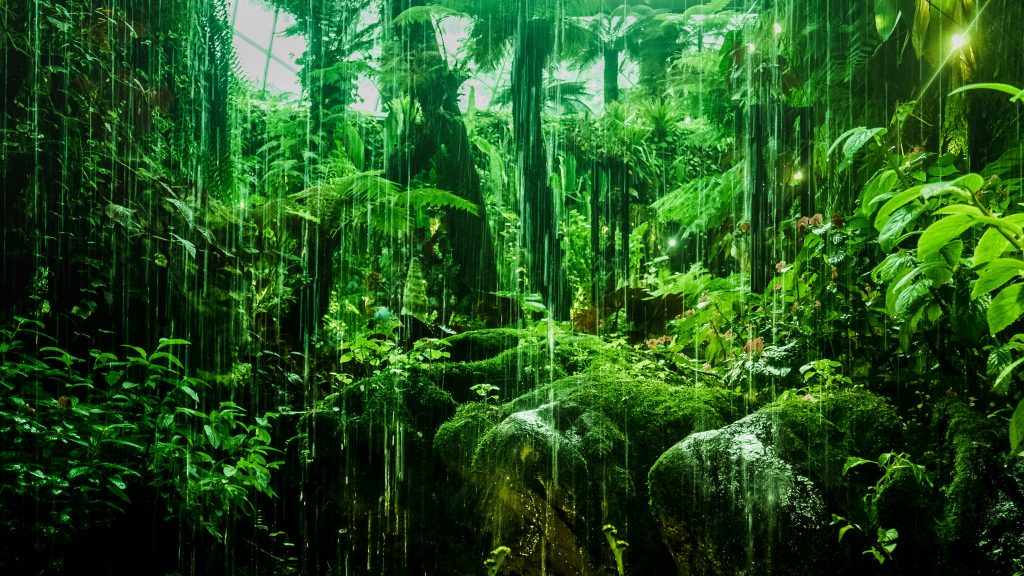
Who’s impacting who here?
Can ecosystems teach us to build healthy, diverse AI that pulls people out of poverty and helps to solve the climate and biodiversity crisis too? Or will we just be takers?
AI as a protector
AI is already giving ecologists extra senses and fundamentally re-shaping how we understand ecosystems. Global Forest Watch uses machine learning on satellite data to detect tree cover loss in near real-time. Thousands of hours of camera footage, interpreted by AI, are giving us data on species that we would never have with only human eyes.
But AI can’t tell us about all the complexities of nature because it simply doesn’t know. AI, I have to remind myself, is only the aggregate of information the models have been trained on. And humans don’t know how trees really communicate, what lives in the deep oceans, or how the fragile balance of the biosphere, with all its visible and invisible species, keeps us safe.
The Climate Cost of AI
There is fierce debate about AI’s impact on the planet:
- The International Energy Agency says electricity demand from data centres will double by 2030 and take data centres to 3% of global emissions (they emphasize that the surge is largely due to AI)
- But the same agency says AI could also reduce power emissions by 5% over the same period (think AI optimised solar panels or reduced grid losses)
- Couldn’t Shell or BP use it to find new cheap oil too? No one yet knows the true net effect of AI on the planet, whether for climate or biodiversity
Whatever the case, as AI swallows service sector jobs, we need a grown-up conversation about what those displaced people will do. Could people be paid to understand and look after ecosystems? Maybe, if AI delivers on its promised productivity gains, and we as a society accept that protecting nature is fundamental to survival.
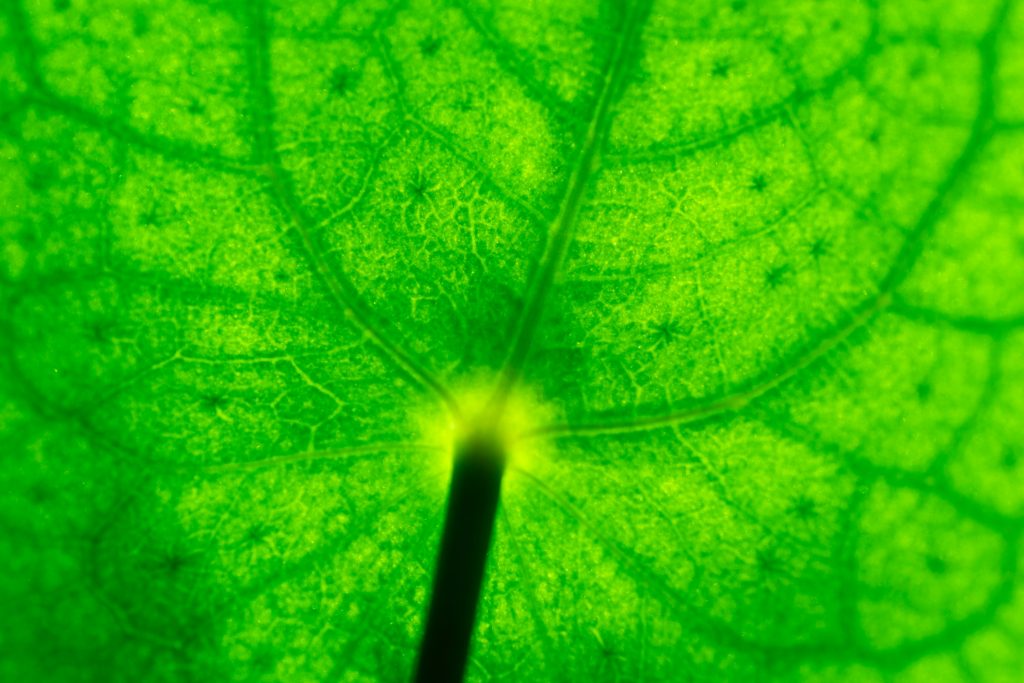
Where to from here?
In search of the perfect apple, at all times of the year, we have created a system that feeds plants, not the soil. Our short-termism has fed algorithms and not the humans who use them. But rapid AI uptake also provides us a unique opportunity to take stock of what actually matters.
The political, policy and narrative battleground for AI adoption and direction is yet to be won. And the political middle that has been failing working people may be replaced by whoever has a vision for healthy AI and healthy ecosystems. Even if it’s just that, a vision.
We can decide now, for example:
- that ecosystems must be given legal rights (like some rivers have in New Zealand)
- that fair taxes on big tech will be used to protect ecosystems and educate us too
- to empower local governments and communities to make policy and funding decisions about their ecosystems and their people that they know best
There is no doubt naivety in my knowledge of AI’s existing capabilities. But insecurity and apathy isn’t an excuse for not being part of the conversation. We need to be talking about what happens when truck drivers aren’t required or youth unemployment doubles. Having no day-after-theory for deindustrialisation and offshoring to Asia has only given us polarisation.
Whether AI can help us understand complex ecosystems is one thing. Whether it can help us to protect the ecosystems that ensure our survival is quite another; that one is up to us.
They say a tree needs the wind to make it grow strong roots. Maybe we need AI to rediscover ours.
Author: Tom Logan
Tom used to spend his time among the suits in London, working in Climate Finance. Now, he's a novice gardener and enjoys writing about aspects of society from his new home in Galicia, Spain.

